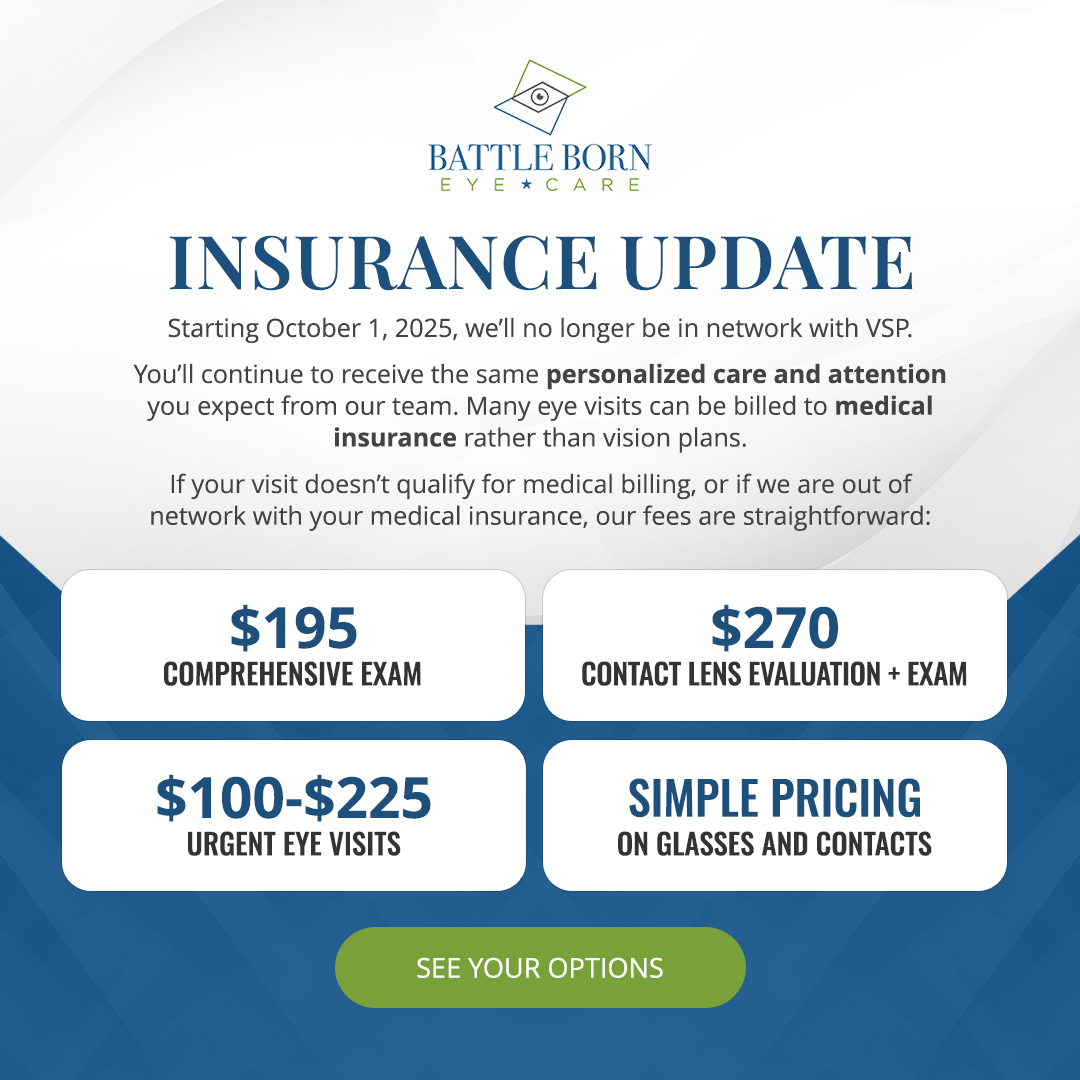
Cataracts occur when the lens of the eye becomes cloudy, leading to blurred vision and a decrease in visual acuity. Cataracts can develop slowly over time, or they may appear suddenly, depending on the underlying cause. While cataracts are generally associated with aging, they can also be caused by other factors such as genetics, trauma to the eye, or certain medical conditions.
What are Cataracts?
Cataracts are characterized by the clouding of the eye's natural lens, which is responsible for focusing light onto the retina. When the lens becomes cloudy, it prevents light from passing through clearly, resulting in blurred or distorted vision. Initially, cataracts may only cause minor vision problems, but as they progress, they can significantly impact daily activities such as reading, driving, or recognizing faces.
Early Signs and Symptoms of Cataracts
Recognizing the early signs and symptoms of cataracts is crucial for early detection and treatment. Some common indicators include:
Blurred or hazy vision: Cataracts cause the lens to become cloudy, leading to blurry or hazy vision. Objects may appear less sharp or defined, making it difficult to read or perform daily tasks.
Increased sensitivity to light: Individuals with cataracts often experience increased sensitivity to bright lights or glare. This can make it challenging to drive at night or be in well-lit environments.
Difficulty seeing at night: Cataracts can make it harder to see in low-light conditions, such as at night. This can be particularly problematic when driving or navigating in dimly lit areas.
Frequent changes in eyeglass or contact lens prescription: If you find yourself needing frequent changes in your prescription, it could be a sign of cataracts. As the condition progresses, your vision may continue to deteriorate, requiring adjustments to your corrective lenses.
It's important to note that these early signs and symptoms can vary among individuals. If you experience any changes in your vision, it is recommended to consult an eye care professional for a thorough examination.
The Role of Regular Eye Exams in Detecting Cataracts Early
Regular eye exams are essential for detecting cataracts early, even before noticeable symptoms occur. During an eye examination, an eye doctor will perform various tests to assess your vision and identify any signs of cataracts. These tests may include visual acuity tests, dilated eye exams, and tonometry to measure eye pressure.
By scheduling routine eye exams, you can stay proactive in managing your eye health and catch any potential issues early on. Your doctor can provide guidance on the appropriate frequency of exams based on your age, overall health, and any existing eye conditions.
Taking Proactive Steps for Healthy Vision
Recognizing the early signs of cataracts is crucial for early detection and treatment. Regular eye exams play a vital role in detecting cataracts early and allow for timely intervention and appropriate management strategies. By incorporating healthy lifestyle habits and seeking professional eye care, you can take control of your eye health and preserve clear vision for years to come.
Schedule your next eye exam today to ensure early detection of cataracts at Battle Born Eye Care in our Reno, Nevada office. Call or text 775-360-6446 to book your appointment today.











